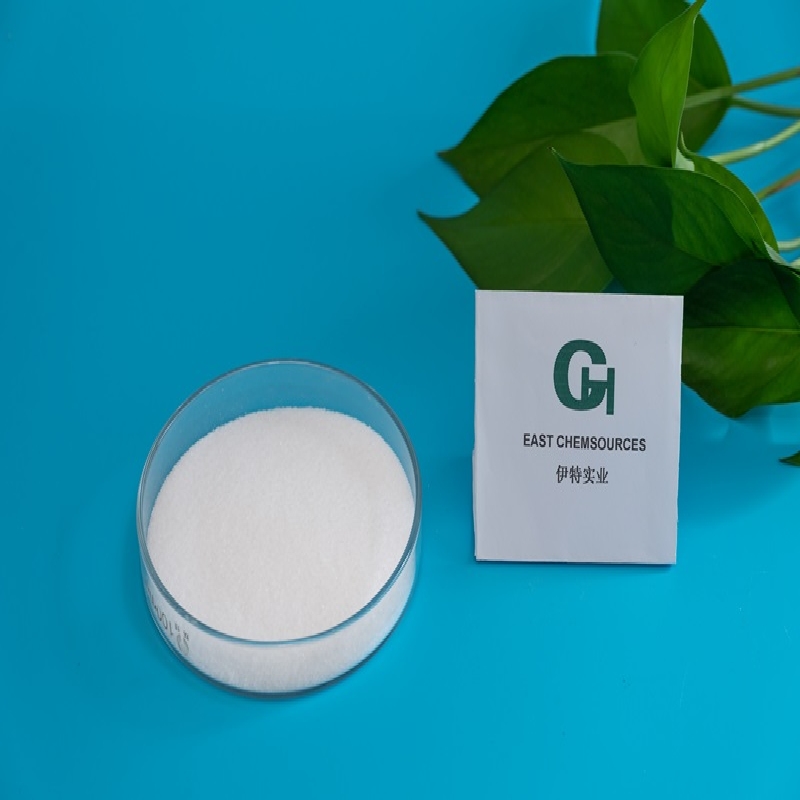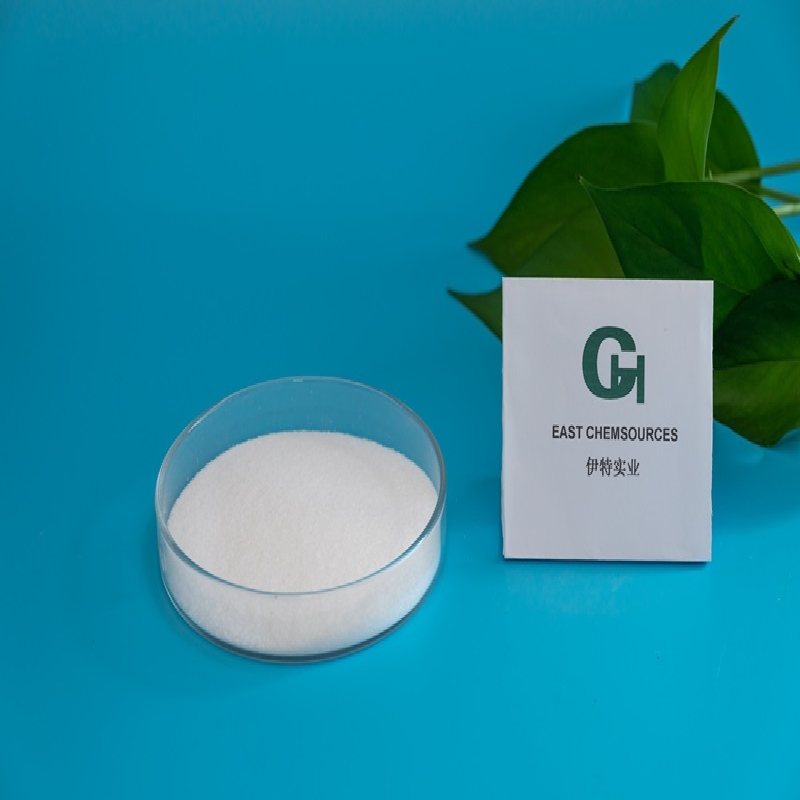-
Categories
-
Pharmaceutical Intermediates
-
Active Pharmaceutical Ingredients
-
Food Additives
- Industrial Coatings
- Agrochemicals
- Dyes and Pigments
- Surfactant
- Flavors and Fragrances
- Chemical Reagents
- Catalyst and Auxiliary
- Natural Products
- Inorganic Chemistry
-
Organic Chemistry
-
Biochemical Engineering
- Analytical Chemistry
- Cosmetic Ingredient
-
Pharmaceutical Intermediates
Promotion
ECHEMI Mall
Wholesale
Weekly Price
Exhibition
News
-
Trade Service
Liver cirrhosis is diffuse damage to the liver caused by long-term and repeated stimulation of one or more causes.
It is characterized by chronic diffuse connective tissue hyperplasia, hepatocyte degeneration and necrosis, regeneration and structural damage of liver lobules and formation of pseudolobules.
Early liver function can still be compensated, and cirrhosis develops to a certain extent, which exceeds the compensatory capacity of liver function, which is called decompensated period of liver cirrhosis.
A variety of causes can lead to cirrhosis, including viral hepatitis (hepatitis B, hepatitis C, etc.
), chronic alcoholism, long-term intrahepatic bile duct obstruction, long-term malnutrition, and chemical poisons and drug effects.
Among them, my country, as a major hepatitis country, hepatitis B has always been an important cause of liver cirrhosis.
The main clinical manifestations of patients with decompensated liver cirrhosis are symptoms and signs caused by liver function decline and portal hypertension.
Due to decreased immunity and increased systemic inflammation can lead to organ dysfunction and death, albumin level has always been an important indicator of immune function and nutritional level.
Albumin is synthesized by liver cells, accounting for about 50%-60% of the total plasma protein, and has the functions of maintaining plasma colloidal osmotic pressure and immune regulation.
In hospitalized patients with liver cirrhosis, low albumin levels are associated with an increased risk of death.
Since the 1940s, human albumin has been widely used in clinics, and albumin infusion is even considered to be an indispensable part of the clinical treatment of patients with liver cirrhosis.
However, the rationality and safety of its treatment have not reached a consistent conclusion.
To this end, scholars from the University of London in the United Kingdom led an international large-scale trial called ATTIRE to comprehensively evaluate whether daily infusion of large amounts of albumin can bring more to hospitalized patients with advanced liver cirrhosis than “standard treatment” Significant benefits.
The results were published in the latest "New England Journal of Medicine" (NEJM).
The study is a randomized, multicenter, open-label, parallel group trial, involving hospitalized patients with decompensated cirrhosis with serum albumin levels below 30g/L at the time of enrollment.
Patients were randomly assigned to receive 20% human albumin solution for up to 14 days or receive standard care.
The primary endpoint of the study is a new infection, renal dysfunction, or death within 3 to 15 days after the start of treatment.
Results A total of 777 patients were included, among which alcohol is one of the causes of liver cirrhosis.
The median total albumin infusion for each patient in the albumin treatment group was 200 g (increasing the albumin level to ≥30 g/L), while the median total albumin infusion for each patient in the standard care group was 20g.
In general, the proportion of patients with primary endpoint events between the targeted albumin group (113 of 380 patients [29.
7%]) and the standard care group (120 of 397 patients [30.
2%]) Significant difference (OR=0.
98).
There was no difference in the proportion of patients with the above-mentioned events at the time of discharge or on the 15th day between the two groups (OR=1.
04).
At the same time, compared with the standard care group, the albumin group had more serious or life-threatening serious adverse events.
For this reason, the researchers pointed out that compared with high-dose albumin infusion, we should pay more attention to the prevention of chronic liver disease, especially the prevention of chronic liver cirrhosis caused by alcohol consumption and obesity.
In summary, for patients hospitalized with decompensated cirrhosis, infusion of albumin to increase the albumin level to ≥30g/L is not more beneficial than the current standard care.
Reference: A Randomized Trial of Albumin Infusions in Hospitalized Patients with Cirrhosis.
DOI: 10.
1056/NEJMoa2022166 Authorized reprinting, submission and breaking news, please contact Metz Medical Administrator MedSci (WeChat ID: medsci_m) for more information about the department.
Pay attention to Metz respiratory, nerve, cardiovascular and tumor!
It is characterized by chronic diffuse connective tissue hyperplasia, hepatocyte degeneration and necrosis, regeneration and structural damage of liver lobules and formation of pseudolobules.
Early liver function can still be compensated, and cirrhosis develops to a certain extent, which exceeds the compensatory capacity of liver function, which is called decompensated period of liver cirrhosis.
A variety of causes can lead to cirrhosis, including viral hepatitis (hepatitis B, hepatitis C, etc.
), chronic alcoholism, long-term intrahepatic bile duct obstruction, long-term malnutrition, and chemical poisons and drug effects.
Among them, my country, as a major hepatitis country, hepatitis B has always been an important cause of liver cirrhosis.
The main clinical manifestations of patients with decompensated liver cirrhosis are symptoms and signs caused by liver function decline and portal hypertension.
Due to decreased immunity and increased systemic inflammation can lead to organ dysfunction and death, albumin level has always been an important indicator of immune function and nutritional level.
Albumin is synthesized by liver cells, accounting for about 50%-60% of the total plasma protein, and has the functions of maintaining plasma colloidal osmotic pressure and immune regulation.
In hospitalized patients with liver cirrhosis, low albumin levels are associated with an increased risk of death.
Since the 1940s, human albumin has been widely used in clinics, and albumin infusion is even considered to be an indispensable part of the clinical treatment of patients with liver cirrhosis.
However, the rationality and safety of its treatment have not reached a consistent conclusion.
To this end, scholars from the University of London in the United Kingdom led an international large-scale trial called ATTIRE to comprehensively evaluate whether daily infusion of large amounts of albumin can bring more to hospitalized patients with advanced liver cirrhosis than “standard treatment” Significant benefits.
The results were published in the latest "New England Journal of Medicine" (NEJM).
The study is a randomized, multicenter, open-label, parallel group trial, involving hospitalized patients with decompensated cirrhosis with serum albumin levels below 30g/L at the time of enrollment.
Patients were randomly assigned to receive 20% human albumin solution for up to 14 days or receive standard care.
The primary endpoint of the study is a new infection, renal dysfunction, or death within 3 to 15 days after the start of treatment.
Results A total of 777 patients were included, among which alcohol is one of the causes of liver cirrhosis.
The median total albumin infusion for each patient in the albumin treatment group was 200 g (increasing the albumin level to ≥30 g/L), while the median total albumin infusion for each patient in the standard care group was 20g.
In general, the proportion of patients with primary endpoint events between the targeted albumin group (113 of 380 patients [29.
7%]) and the standard care group (120 of 397 patients [30.
2%]) Significant difference (OR=0.
98).
There was no difference in the proportion of patients with the above-mentioned events at the time of discharge or on the 15th day between the two groups (OR=1.
04).
At the same time, compared with the standard care group, the albumin group had more serious or life-threatening serious adverse events.
For this reason, the researchers pointed out that compared with high-dose albumin infusion, we should pay more attention to the prevention of chronic liver disease, especially the prevention of chronic liver cirrhosis caused by alcohol consumption and obesity.
In summary, for patients hospitalized with decompensated cirrhosis, infusion of albumin to increase the albumin level to ≥30g/L is not more beneficial than the current standard care.
Reference: A Randomized Trial of Albumin Infusions in Hospitalized Patients with Cirrhosis.
DOI: 10.
1056/NEJMoa2022166 Authorized reprinting, submission and breaking news, please contact Metz Medical Administrator MedSci (WeChat ID: medsci_m) for more information about the department.
Pay attention to Metz respiratory, nerve, cardiovascular and tumor!







